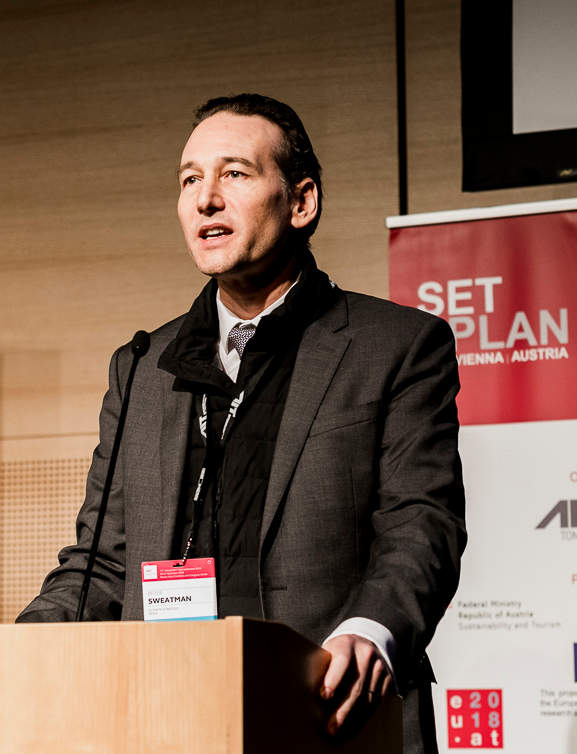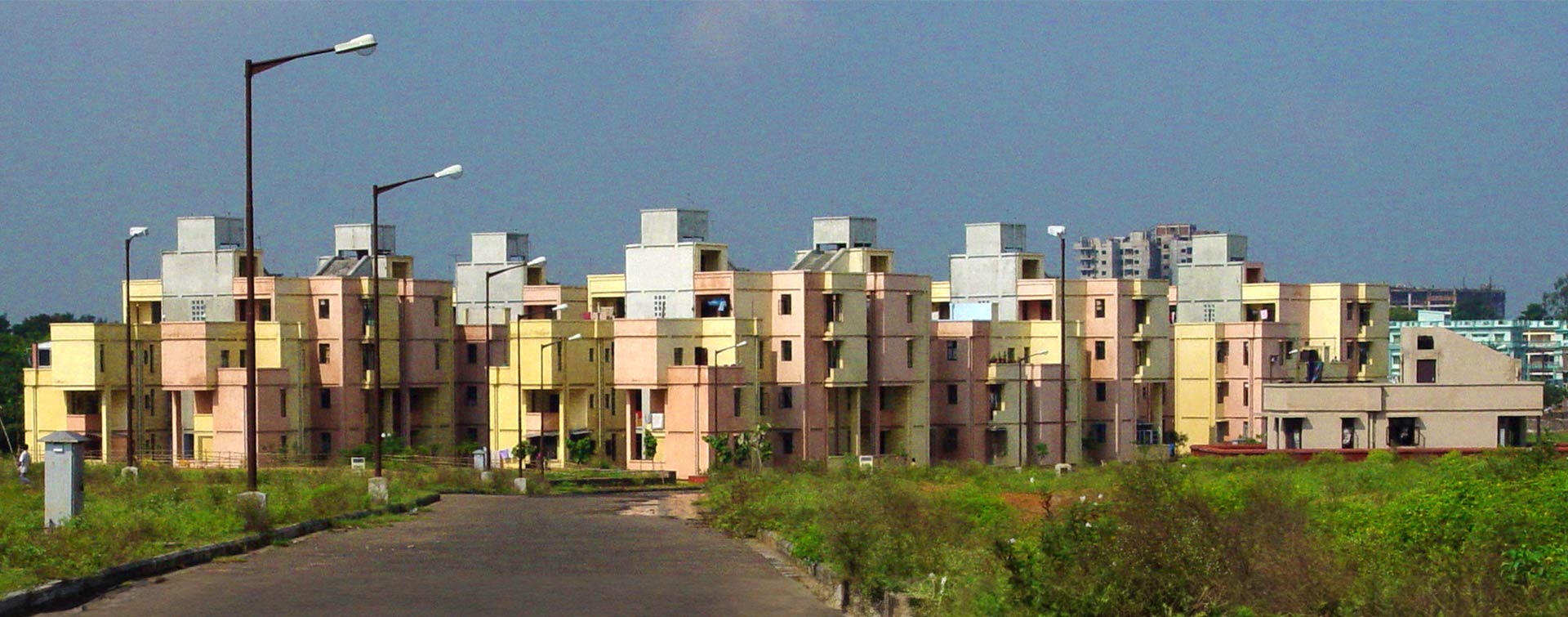 3 min
3 min
Peter Sweatman believes that without resolute private and public action, there will be no real change toward a sustainably built world. While “European policymakers understand very well the urgent need to save energy, they are all in agreement that the real estate stock is really behind” and they have a major interest in making it less energy-consuming.
But as long as many property owners have neither the means nor expertise to access the tools and technology making it easier to reduce energy consumption, how do we encourage them to renovate?
For the energy efficiency specialist, the first argument is clear: housing that is brought up to standard has a higher market value. Studies have shown that homes with high energy performance sell more quickly, and for between 5% and 11% more. They also rent for 1.9% more than housing without strong energy-efficient qualities2. “And that is why politicians must present renovation to homeowners as a long-term investment, even though it represents an average cost of between €20,000 and €40,000,” Peter insists. But he warns that: “This invisible energy debt must be clearly signaled to individuals who are unaware of the additional renovation investment to come when they buy an existing home with a low energy performance.”
According to Peter, public authorities are key actors that can provide homeowners with a package of assistance to make it easier to carry out the necessary work to improve the insulation and energy efficiency of their properties. This support should also promote the resources, materials, and processes with the lowest carbon impact.
This is the case in Germany, for example, where the Energy Agency has partnered with the German state bank KfW to create a new certified occupation: supervisor specialized in major home renovation. This expert, who can be an architect or engineer by training, supports renovating property owners throughout their projects.
They establish a work plan, manage the complex supply chain of building materials, help choose the providers and, finally, cosign the loan with the owners. These professionals should also take into account the social circumstances and vulnerability of their customers. Today in Germany, there are no fewer than 11,000 accredited professionals who work with homeowners on a daily basis to combat greenhouse gas emissions.

For Peter, the trajectory is clear: “Mayors and local elected officials must now take the plunge and turn the need for the massive energy renovation of housing into a real political strategy. After all, what could be more rewarding for them than providing solutions to improve the homes of their constituents?”
1. Peter Sweatman is the CEO & Founder of Climate Strategy & Partners, a consulting firm specialized in decarbonized energy strategies for the construction sector
2. “Boosting Building Renovation: What Potential and Value for Europe?” European Parliament, 2016
Photo credits: © SEIF, © SETplan, © Mumemories / AdobeStock, © Adin / AdobeStock









